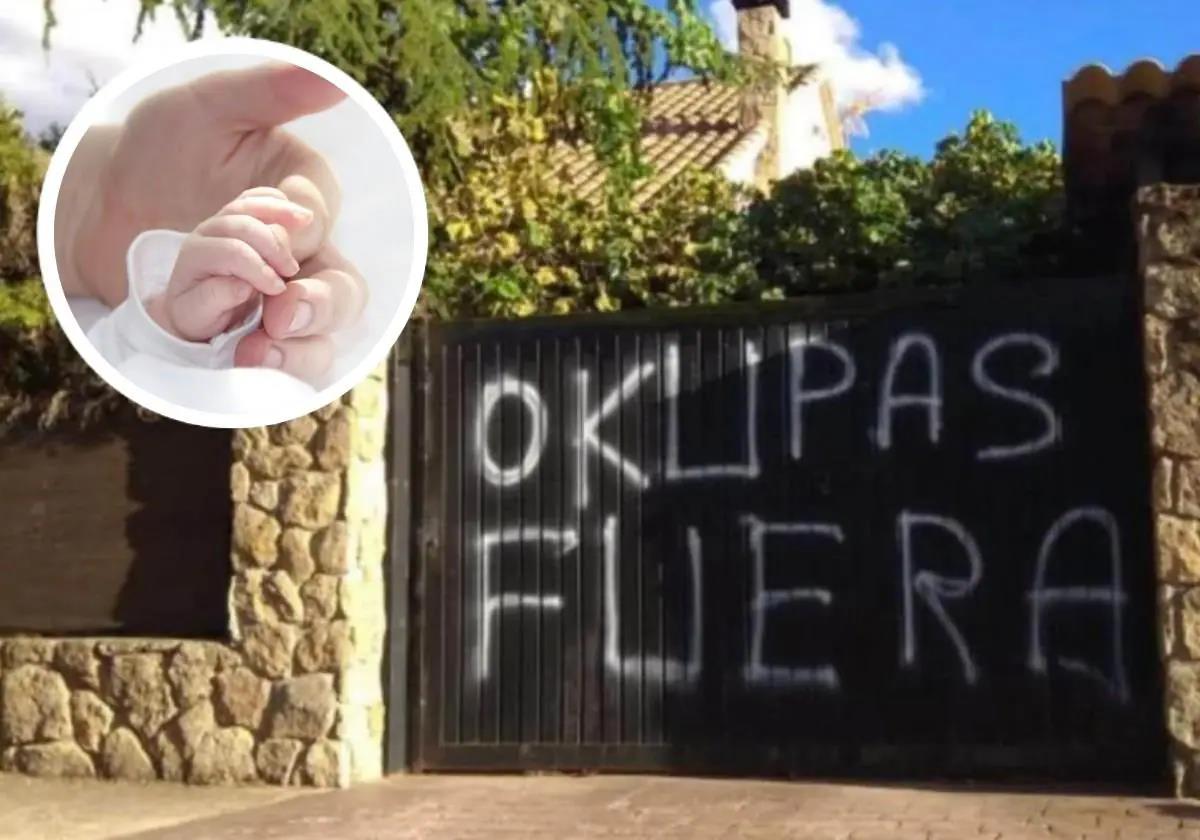

Sections
Highlight

María Albert
Madrid
Thursday, 2 January 2025, 21:12
Squatting continues to be one of the main problems that many homeowners face on a daily basis in Spain. Concerns over this type of activity have been multiplying in recent years, adding to the worries of property owners while the options for taking legal action against such crimes still fall far short of being able to stop them.
However, people in Spain are now preparing to face new changes to the law with a legislative reform that will allow fast-track evictions, already known in Spain as 'desokupaciones exprés' . This is an amendment to the criminal procedure act proposed by the PNV (Basque National Party) and approved "by mistake" by the MPs in congress with votes in favour from the PP, Junts, Coaliación Canaria, ERC and Bildu. This will allow the holding of express trials within 15 days for squatters who have broken into or usurped a property.
This new law, which was vetoed a few days ago by the upper house chamber (senate) and which seeks to speed up evictions of squatters through fast-track court hearings, could be a turning point in the squatting problem, at least in part. The change will allow the crimes of unlawfully taking over and breaking and entering into a property to be tried within a maximum of 15 days of being brought before the courts, thus putting an end to the months of waiting for homeowners.
This new reform to the criminal procedure act will directly affect two types of squatting: usurpation and breaking and entering. The differences between the two are as follows: usurpation of a dwelling is the illegal occupation of an uninhabited property without the consent of its owners, while breaking and entering refers to entering or remaining in a dwelling without the authorisation of the inhabitant.
In these specific cases trials will be quick and easy to resolve, but there are some types of squatters who will not be affected by this legislative amendment. These are some of the most troublesome to landlords, the inquiokupas (a tenant who remains in the property but has stopped paying rent and other bills). Overstaying, non-paying tenants will not go through this fast-track court process.
So, these changes to the Criminal Procedure Act will make it possible to speed up court hearings regarding certain types of squatters , but what happens when these offenders have minors in their care? Unlike before, now the new law will not take into account economic vulnerability or whether they have dependent children.
Therefore, with this modification to the law, cases of breaking and entering or usurpation will no longer require a vulnerability assessment and the eviction process will still have to be resolved within a maximum of 15 days.
Publicidad
Publicidad
Publicidad
Publicidad
Esta funcionalidad es exclusiva para registrados.
Reporta un error en esta noticia

Debido a un error no hemos podido dar de alta tu suscripción.
Por favor, ponte en contacto con Atención al Cliente.

¡Bienvenido a SURINENGLISH!

Tu suscripción con Google se ha realizado correctamente, pero ya tenías otra suscripción activa en SURINENGLISH.
Déjanos tus datos y nos pondremos en contacto contigo para analizar tu caso

¡Tu suscripción con Google se ha realizado correctamente!
La compra se ha asociado al siguiente email
Comentar es una ventaja exclusiva para registrados
¿Ya eres registrado?
Inicia sesiónNecesitas ser suscriptor para poder votar.